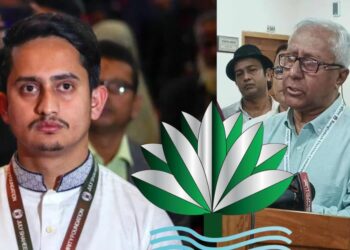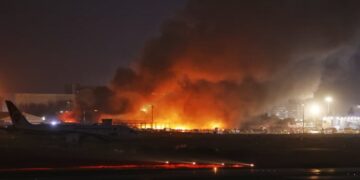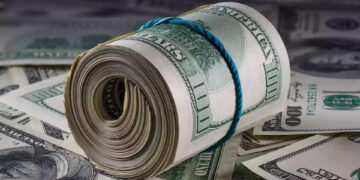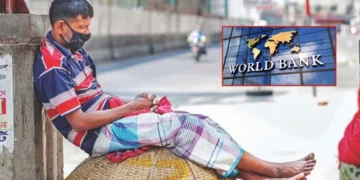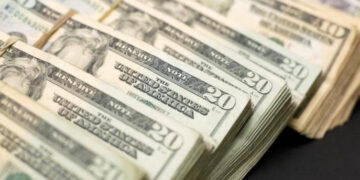Bangladesh is actively considering offering zero-duty access to US goods as part of a proposed reciprocal tariff deal with the United States, hoping to secure reduced US tariffs on Bangladeshi exports especially ready-made garments.
The move comes after Washington recently slashed tariffs on Vietnamese imports from 46% to 20%, following Hanoi’s decision to lift its own duties on US goods. Now, Dhaka seeks a similar deal, though with important caveats.
Bangladesh Seeks WTO-Based Deal, Not US Domestic Terms
Speaking to The Business Standard on Friday (5 July), Commerce Secretary Mahbubur Rahman confirmed that while Bangladesh is open to granting tariff concessions on US products—including aircraft, LNG, and wheat the country will not sign any agreement based on US domestic law.
“We want the agreement to be under WTO rules. We’ve informed the USTR that we cannot follow domestic US trade laws in international agreements,” Mahbubur said. He assured that removing tariffs on US goods would not hurt local industries but instead encourage private sector imports from the US.
Bangladesh Seeks WTO-Based Deal, Not US Domestic Terms
On Friday (5 July), Commerce Secretary Mahbubur Rahman confirmed that while Bangladesh is open to granting tariff concessions on US products including aircraft, LNG, and wheat the country will not sign any agreement based on US domestic law.
“We want the agreement to be under WTO rules. We’ve informed the USTR that we cannot follow domestic US trade laws in international agreements,” Mahbubur said. He assured that removing tariffs on US goods would not hurt local industries but instead encourage private sector imports from the US.
Negotiations are ongoing, with Bangladesh emphasizing national interest, export growth, and the protection of its vital garment sector.
Read More: Anti-Discrimination Student Leader Accused of Tk 2 Crore Extortion
The secretary also mentioned that the US has shown willingness to establish special tariff rates for LDCs (Least Developed Countries) which could give Bangladesh an edge over Vietnam in final tariff outcomes. “We believe our rate will be lower than Vietnam’s because of our LDC status,” he said.
US Tariff Shake-Up and Bangladesh’s Position
The talks follow President Trump’s imposition of reciprocal tariffs on 2 April, with Bangladesh facing a potential 37% tariff. Trump later suspended those tariffs for three months, ending 9 July. In this window, countries like Vietnam have finalized agreements to ease US tariffs.
In contrast, Bangladesh’s discussions are still underway, though progress is being made. “We asked USTR about the 37% tariff. They said it won’t be imposed while talks are ongoing,” Mahbubur added.
Awaiting the Annexure Document
While a meeting took place on 3 July in Washington between Bangladesh’s commerce adviser SK Bashir Uddin and US officials, the key annexure document which outlines tariff terms has not yet been received from the US.
Until that document arrives, Secretary Mahbubur’s planned trip to Washington has been postponed. He noted that once the annexure arrives and Bangladesh finalizes its position, he will travel to the US for the next round of talks, expected on 9 or 10 July.
Officials emphasized that this US proposal is not like traditional Free Trade Agreements (FTAs) or Preferential Trade Agreements (PTAs). Instead of first finalizing the annexure (offers and boundaries), the US began talks with the agreement’s descriptive part a reversal of standard bilateral negotiation processes.













